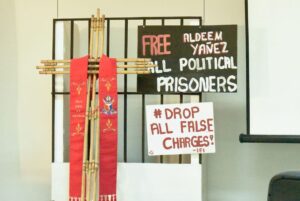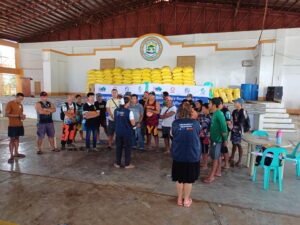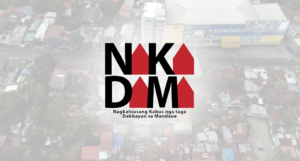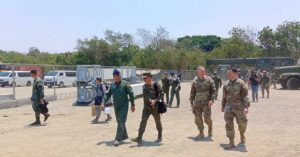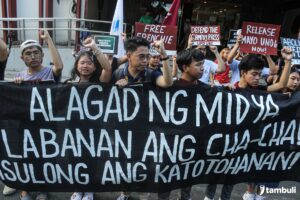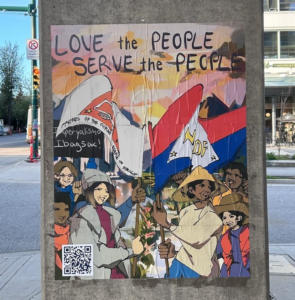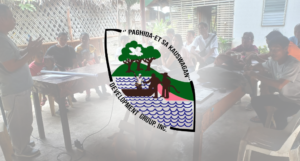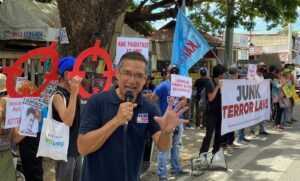Bamboo plantations are big businesses in the guise of reforestation

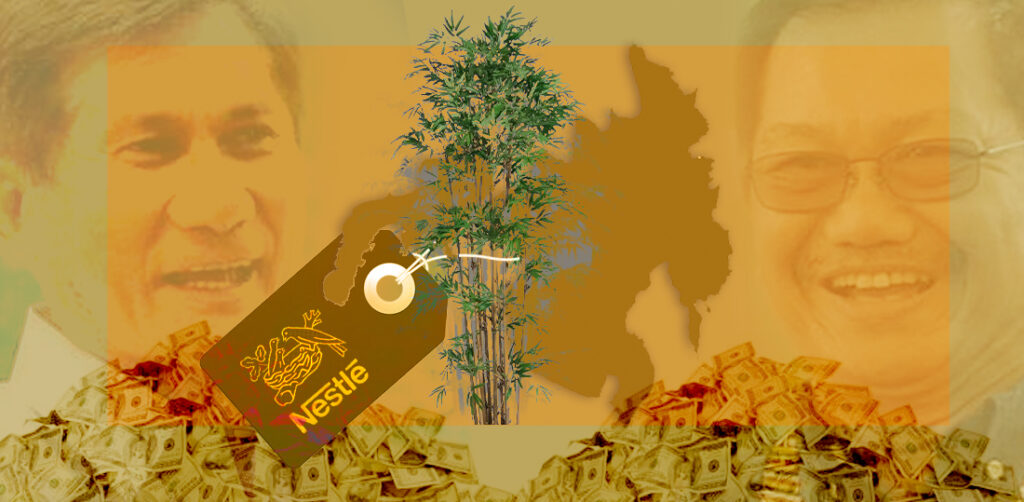
Reports last Monday revealed that Secretary Roy Cimatu of the Department of the Environment and Natural Resources asked the United Nations Development Program to support its plan to establish bamboo plantations in all cities and towns across the country. This came after the department’s issuance of Administrative Order 2021-26 (DAO 2021-26) in August, which laid down rules and regulations on the planting, harvesting and transportation of bamboo in the country.
Cimatu said that the project aims to “address” climate change due to the high capacity of bamboo to absorb carbon from the air and prevent soil erosion. However, this subterfuge is bogusas he himself admitted that the program is focused on harvesting and exporting bamboo. The DENR favors the planting of bamboo, because it grows and yields relatively faster (5-7 years) compared to other trees.
According to Duterte’s economic officials, the regime aims to open 23,671 hectares of bamboo plantations nationwide this year, and an additional 40,000 hectares in 2022. The regime allocated a staggering P22 billion this year to implement this program. In 2020, the DENR first identified Western Visayas as the center of bamboo production in the country where it targeted to establish 13,500 hectares of bamboo plantations.
This program is part of the DENR’s Enhanced National Greening Program (E-NGP) which has long been exposed as a scheme for large-scale land grabbing for contract-growing of commercial timber and export-oriented crops. Bamboo is among the major types of trees and crops being planted in the E-NGP areas, with four species of bamboo being grown: kawayan tinik, giant bolo, bayog and bolo.
The state is using the E-NGP to evict farmers and indigenous people from lands classified as watershed areas and forests, and to grab their farms and ancestral lands on the pretext of reforestation and combating climate change. As in most contracts under the E-NGP, large contracts for bamboo production will certainly be awarded to local politicians, compradors and their agroforestry capitalist counterparts.
In Mindanao, where vast watershed areas are targeted for the use and establishment of bamboo plantations, the program is being managed by the Mindanao Development Authority which is currently headed by Duterte’s henchman Emmanuel Piñol, who was involved in various anomalies when he served as secretary of the Department of Agriculture. Piñol is running for senator under the Nationalist People’s Coalition. The multinational company Nestlé is set to lead the planting of 2.5 million bamboo in Mindanao. The company is notorious for controlling thousands of hectares of coffee plantations on the island through contract growing schemes, and underpaying coffee farmers.
Last May, big bamboo businessmen in Mindanao and Piñol spearheaded efforts to get an international commodity certification which will pave the way for large-scale exports of bamboo to penetrate the construction industry of the US. Almost all bamboo furniture exported by the Philippines goes to the US. Bamboo furniture exported by the country has drastically increased to 990 metric tons (MT) last year, 96% (954 MT) of which went to the US. This was more than twice the volume of bamboo exports to the US (398 MT) in 2019.
In June 2020, the DENR issued an ordinance requiring all mining companies to establish bamboo plantations equivalent to 10% of the area of their mining concession. These plantations will cover private lands adjacent to mining areas through contract-growing.

